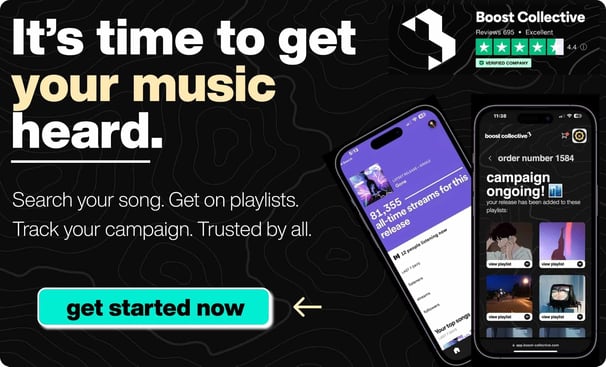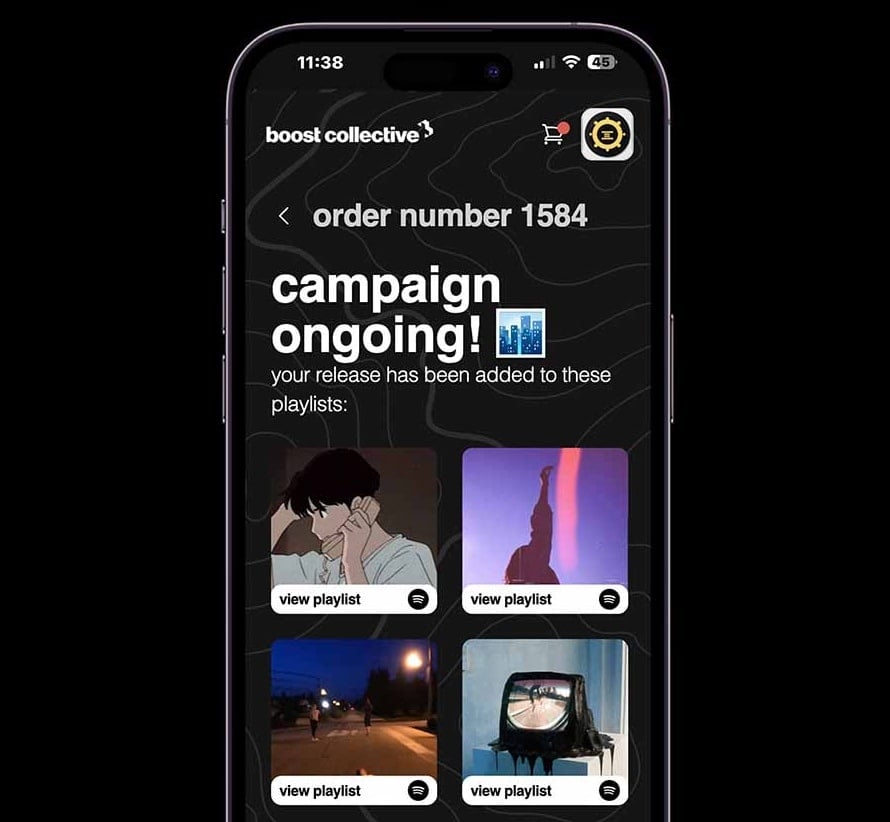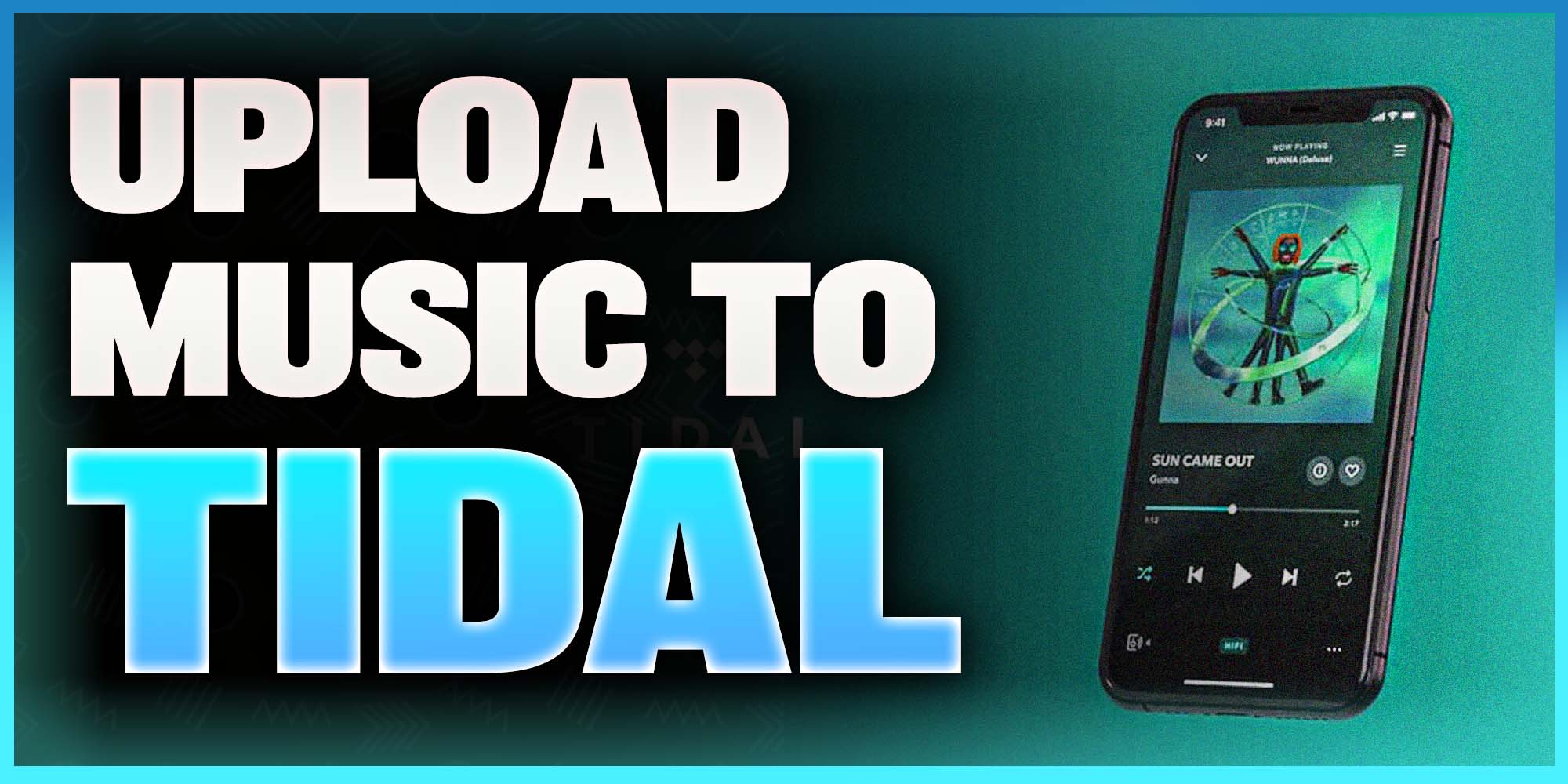
Upload Your Song to Tidal today!
It's easy to upload music to TIDAL, but the process might be a little different depending on which services you need!
If you use a computer, you can use the Boost Collective distribution platform to send your music to TIDAL.
Before we get into the details of how to upload music to TIDAL...
Let's look at why you should even think about putting your music on streaming services...
Here are 3 good reasons to get your music on TIDAL:
- Get your music to more people who might not be able to get it any other way.
- Make more money from your music than with online downloads.
- Leverage streaming data, like listener analytics, to learn more about your target audience
With a distributor like Boost Collective, you can send your music to more than one streaming platform with just one upload.
You can also add cover art and any other needed metadata for free!
Other services, like DistroKid, charge hundreds of dollars a year to distribute music...
Want to get your music on active & relevant playlists that actually get results?
Get your music heard now 👇
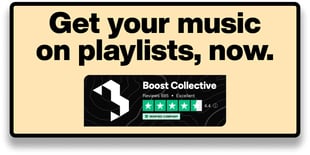
how to claim your Tidal For Artists account
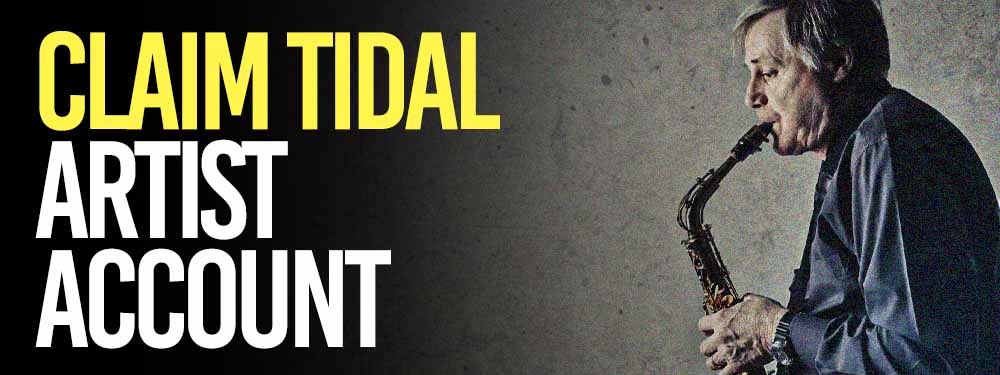
TIDAL for Artists lets you manage your profile, get data information about your music and audience, and show off your best songs, concerts, and playlists!
How do you claim your Tidal for Artists account?
Start by sending your new song to Spotify through Boost Collective.
Then, claim and verify your artist name to make your Spotify for Artists profile.
Once you've used Boost Collective to get your songs on Spotify, it's free to claim your TIDAL for Artists page.
Upload your music to TIDAL Spotify, Apple Music, TikTok and 150+ other stores and platforms for FREE:

Boost Collective is the #1 up-and-coming music distribution for artists, letting you put your music out there for free.
How much is a Tidal stream worth?
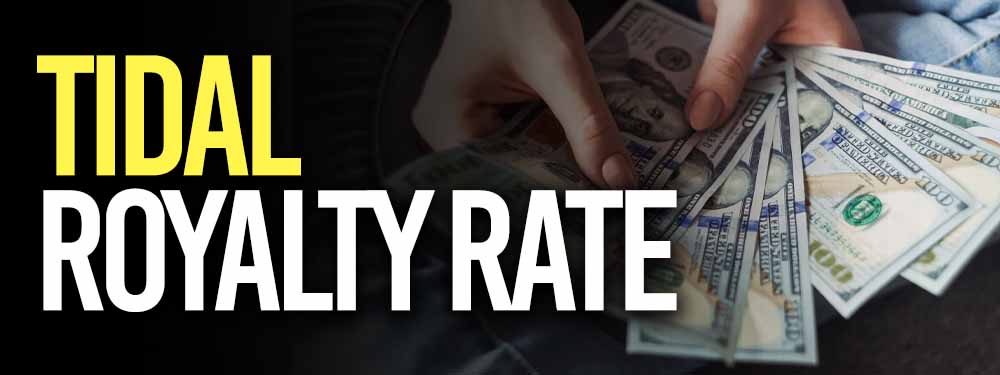
TIDAL's goal has always been to give artists more power and make it easier for them to connect with their fans.
So how much money can an artist expect to make with TIDAL?
TIDAL pays artists a range of $0.015-$0.020 depending on listener location and stream duration.
TIDAL is changing the way artists are paid, giving them more money and being more open about it.
Watch the video below for a deep comparison of Spotify and TIDAL:
When does Tidal pay royalties?
Royalties are the money that TIDAL pays out every month to the people who own the rights to the songs that are played on our platform.
There are two main types of royalties:
- Master royalties - which go to the person who owns the sound recording.
- Publishing royalties - which go to the person who wrote the book.
Still, your music distributor might not pay you on the same schedule... This is why:
Every month, streaming services create a "pool" of royalties.
the size of which is based on how much money they made from subscription fees that month.
This is called a pro-rata accounting model.
Then, the total number of streams for each subscriber each month is added up by country and plan, and the results are split by artist.
Even though the money gets to the distributor, it's going to be held in their system until they decide to do a payout.
How do I collect my royalties from Tidal?
There are many options to collect royalties through TIDAL. You can either use your distributor or collect payments through PayPal, CashApp, and Square if you work with them directly.
There are many options simply because they help artists.
TIDAL music prides itself as an Aritst-centric platform and they've been living up to that until now!

Which formats are supported by tidal?
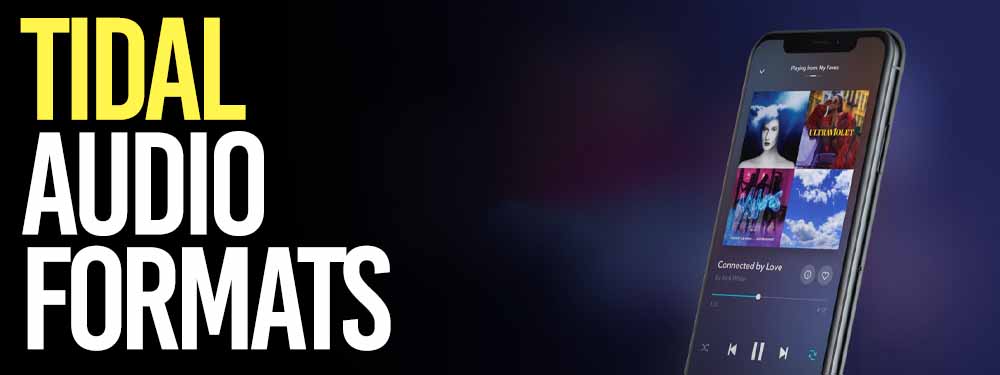
TIDAL can play MP3, WAV, and lossless FLAC files, which are the most common types of audio files.
In fact, TIDAL is known for its really high audio quality!
TIDAL HiFi Plus is the only service that lets you listen to music in:
- Lossless high-fidelity audio
- Authenticated Master Quality audio
- Immersive audio formats
This makes a huge difference if you're using high-quality instruments and recordings in your song.
Services such as
LANDR distribution don't have this.
Most streaming services only offer audio in Standard Definition:
They use MP3s or other compressed formats, which remove parts of the original recording to make the file smaller.
The quality of TIDAL sound is lossless (1411kbps or 16bit / 44.1kHz).
Not only that, but Tidal is the only service that works on mobile devices with both 360 Reality Audio and Dolby Atmos!
It may not sound that impressive but go ahead and listen to it.
It's a totally different listening experience to pretty much anything else!
Other formats can be used, like AAC, FLAC, and OGG.
Summary
Since the turn of the 21st century, a lot has changed in the music business, and luckily, so has the way you can get your music to people.
Now, artists can easily add their music to popular streaming services.
Check out these other related blogs:
All of these methods are the creme de la creme.
By being able to send your music to streaming services, new artists can get their music in front of more people.
These streaming services can also help well-known artists make money off of their back catalogs.
Get your music on playlists now.
It’s time you get your exposure and listeners up - playlisting by Boost Collective has been trusted by 50,000+ artists worldwide.
It’s easy: Search your song, get on playlists, and track your campaign.
What’re you waiting for? Tap in - and get added to playlists in 24 hours.
Join Boost Collective for free here.
